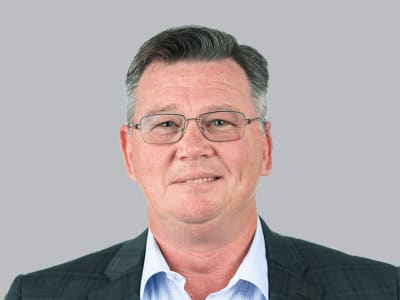Despite the Australian government's new incentives aimed at encouraging more doctors to adopt bulk billing practices, it seems the medical profession continues to be skeptical.
According to a recent article published by The Guardian, 72% of practitioners say they are unlikely to change their current billing methods – leaving only a small fraction considering a shift, with the majority deeming the efforts insufficient to make any real impact.
 The issue at the heart of this resistance is an increasing concern in the healthcare community about the sustainability of current practices. For years, the government's ability to keep up with CPI increases has faltered. This was demonstrated by a freeze in the increase of the Medicare Benefits Schedule fees since 2014, which eventually led to a meagre rise for some services (i.e. an extra $0.55c for GP consultations). With inflation rates soaring to 7%, the gap between operational costs and government support has widened dramatically.
The issue at the heart of this resistance is an increasing concern in the healthcare community about the sustainability of current practices. For years, the government's ability to keep up with CPI increases has faltered. This was demonstrated by a freeze in the increase of the Medicare Benefits Schedule fees since 2014, which eventually led to a meagre rise for some services (i.e. an extra $0.55c for GP consultations). With inflation rates soaring to 7%, the gap between operational costs and government support has widened dramatically.
Long viewed as a cornerstone of the Australian healthcare system, the current climate suggests the role of Medicare may be relegated to nothing more than a safety net. The practicality appears that government resources are stretched to cover the full extent of free healthcare for everyone, whenever it is needed.
Private billing as standard
These realisations are steering society towards a reluctant acceptance that out-of-pocket payment for health services are becoming the norm.
The economics of running a medical practice make bulk billing (with the exception of children and pensioners), a mathematical improbability. The numbers simply don’t add up when considering the cost of staff, leasing, supplies, and more – making it a clear choice for many practices to introduce private billing to stay afloat or shut their doors.
While the bulk billing rebate may be more advantageous in regional areas, many doctors feel the new incentives are too little, too late. Their trivial impact against steep inflation stand in contrast to the proactive stance seen in other professional services, where regular price revisions in step with inflation are a critical strategy for sustainability.
The stark comparison between what Australians spend on leisure and luxury versus health is telling. While discretionary spending on alcohol, gambling, and clothing remains high, investment in medical services is often undervalued.
This leaves us pondering: has our society come to terms with the true cost of our health?
Finding balance for medical practices
As the medical community confronts these multifaceted challenges, it's important to remember that help is available. If the financial figures are causing you stress, or the path forward seems uncertain, you don’t have to go it alone.
With extensive experience working with medical practices, our team of accountants and business advisers can assist you to:
- streamline your cash flow and financial management
- engage in detailed scenario planning
- conduct thorough risk assessments
- use benchmarking to align with industry best practices
Navigating the current landscape requires a thoughtful approach where adapting to changes, such as the recent Medicare rebate adjustments, is just one aspect of a broader strategy.
The ultimate goal is to achieve a workable balance, ensuring that the welfare of the community and the financial health of your practice advance together. This delicate balance is the new paradigm for a robust healthcare system.
FOR MORE INFORMATION
To learn more, or to book a free financial health check of your medical practice, contact Peter Nicol, National Director of Medical on (02) 6057 3000 or your local RSM office.





